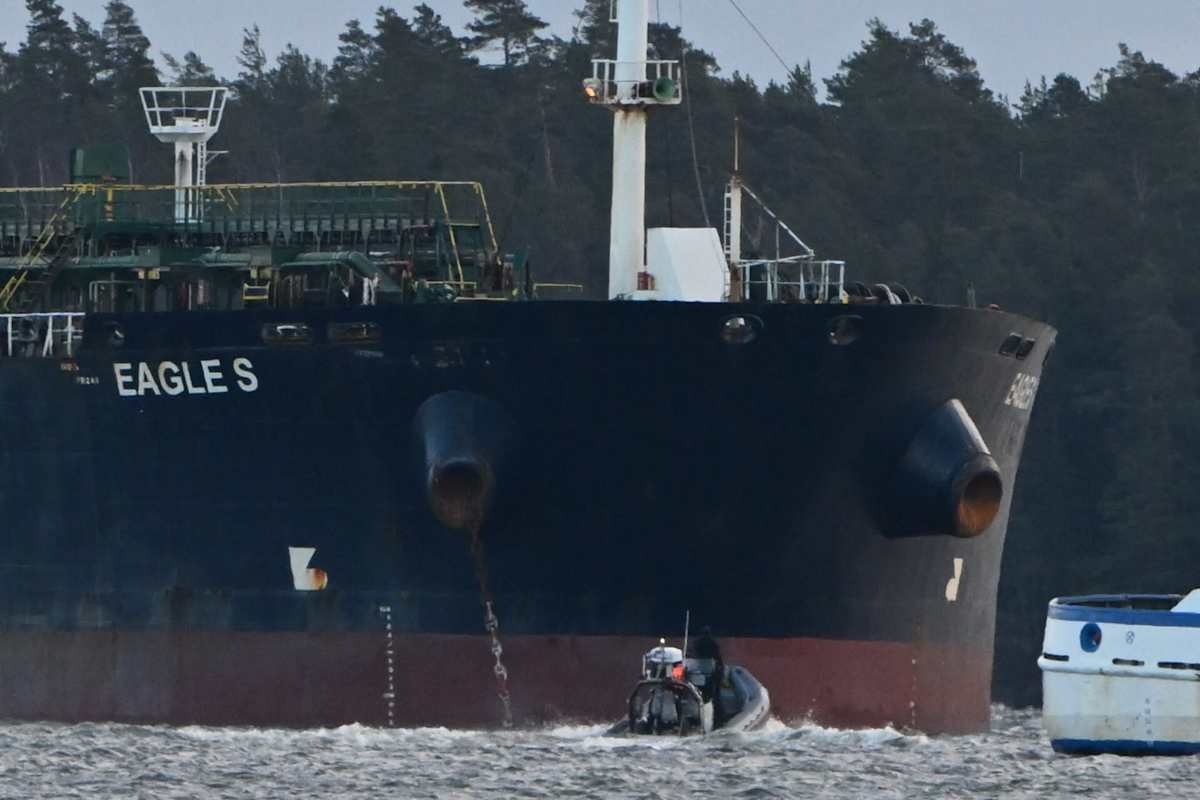The vessel implicated in Finland's cable sabotage is owned by a Dubai company central to Russia’s sanctions-dodging shadow fleet, Yle reports, noting that at least 55 vessels from Russia's shadow fleet belong to United Arab Emirates-based companies, helping Russia circumvent Western sanctions.
According to an investigation by Yle's investigative journalism unit, a single Dubai-registered company owns 24 vessels currently on European Union and British sanctions lists. The investigation examined approximately 150 Russian shadow fleet vessels under Western sanctions.
The probe also revealed that Eagle S, a vessel suspected of damaging the Estlink 2 power cable between Finland and Estonia late last year, is also owned by a Dubai-based company.
Ownership patterns and changes
Yle reports that about one-third of the investigated vessels changed their names during or after the month corresponding to sanctions decisions. Nearly the same proportion underwent ownership and management company changes, while over one-fifth switched their flag states.
The investigation found that vessel owners frequently register ships in "flags of convenience" countries like Barbados, which offer minimal oversight and virtually tax-free operations for shipping companies.
"There are many owner-operators not only in Dubai but also in India, China, still in Russia and small island states, where it is easy to obscure the true ownership," YLE wrote.
Dubai's role
According to the report, thirteen Dubai companies own the 55 sanctioned vessels. While Dubai's corporate ownership information remains private, making true ownership unclear, the investigation found multiple signs suggesting these companies exist only on paper, with some listing luxury hotels as their registered addresses.
One company, Avebury Shipmanagement LLC-FZ, owns 24 sanctioned vessels but lacks a website and lists only a street name without specifics as its address in Dubai.
The investigation also revealed that Dubai-based companies own several LNG tankers transporting liquefied natural gas from Russia. Unlike the older oil tankers in the shadow fleet, these LNG vessels are typically new, with many built within the past two years.
Experts cited by Yle assess the sanctions impact on Russia as limited. The EU continues to receive Russian-origin oil products through third countries that process crude oil delivered by the shadow fleet.
Related:
- US, UK block Russia’s oil giants in largest-ever energy sanctions package, target shadow fleet
- Swedish navy recovers Russian shadow fleet tanker’s anchor in Finnish Gulf cable damage case
- Reuters: US plans new sanctions on Russia’s “shadow fleet”
- Russia’s strategic Ust-Luga port targeted by drones for second time in a year
- NATO boosting presence in Baltic Sea after Russia damaged cable, Estonia confirms
- Finnish probe uncovers kilometers-long anchor drag marks in Baltic cable damage

